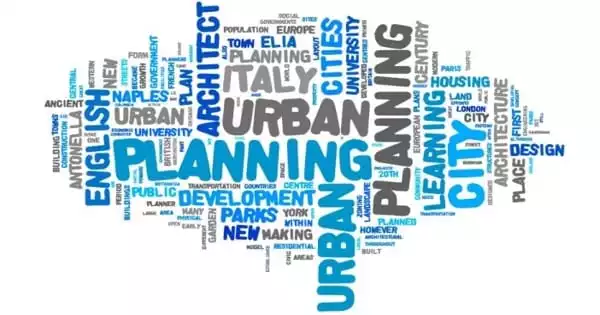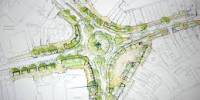Regional planning is critical to the development of our communities, particularly in and around cities and densely populated areas. A city or any other area may grow in size, impeding the development of the area around it. It is a dynamic field that can look very different depending on the area of specialization. Over time, it begins to compete with the surrounding areas, resulting in an imbalance. However, there is no doubt about the importance of urban planners to the development of societies as a whole.
It causes economic and functional imbalances in various areas. People in these positions are in charge of developing policies and systems that build the physical and economic infrastructure required to support diverse and growing populations. Increases migration, reduces efficiency, wastes resources unnecessarily, and may struggle to meet its needs. In order to do so, they must effectively manage resources and plan for the population’s current and future needs. Regional plans are essential for preventing such imbalances. A certificate program is one way to get the training you need to do this.
The importance of regional planning cannot be overstated. It contributes to the reduction of disparities, the promotion of growth, the promotion of sustainable development, and the economic growth of the collective region based on its potential. Metropolitan areas have grown in importance as our economic, land use, and transportation patterns have evolved over the last century. It is regarded as a geo-technology for regional development through rational transformation of regional space.
Regional planning at various spatial levels ensures that the potentialities of the smallest unit, a region, are fully developed. Furthermore, the issue of migration is addressed to a large extent because the necessary facilities are distributed more evenly rather than being concentrated in a specific urban area. In most parts of the country, the political boundaries established by municipalities a long time ago are no longer relevant to the activities of businesses or residents, let alone environmental media such as air and water. These plans improve regional connectivity while also planning for future growth.
Thus, the basic goals of Regional Planning are;
- Building the resource base of an economy
- Strengthen the economic opportunities
- Diversifying the national economy
- Providing strength and balance in the economic development of the nation
- Environmental improvement and protection
- General welfare of the people
Regional planning processes are intended to chart direction, order, harmony, and progress in public activities relating to the human environment and general welfare. Regional planning strives to develop a broad base of regional economic activities that can be economically sustained by natural and human resources. Regional planning strives for balanced and harmonious national development rather than regional self-sufficiency.
















